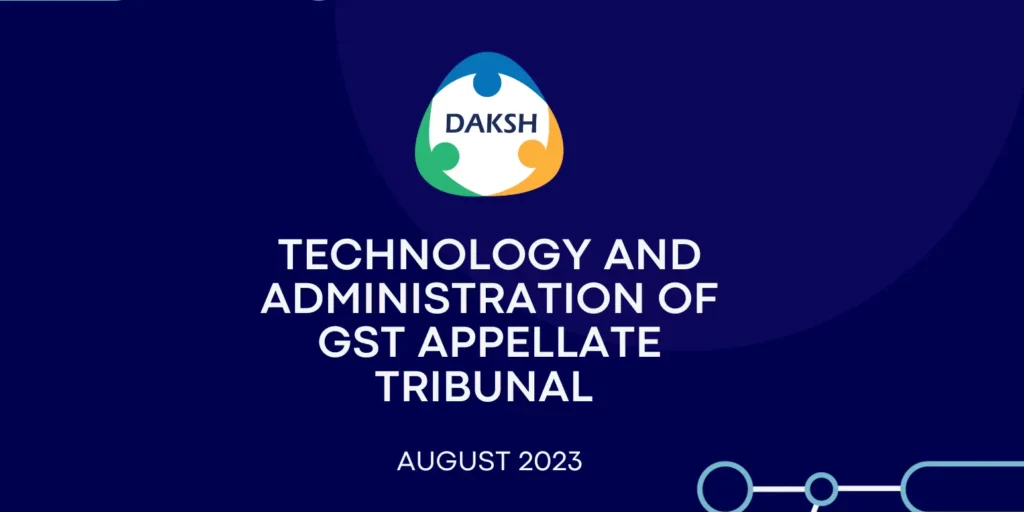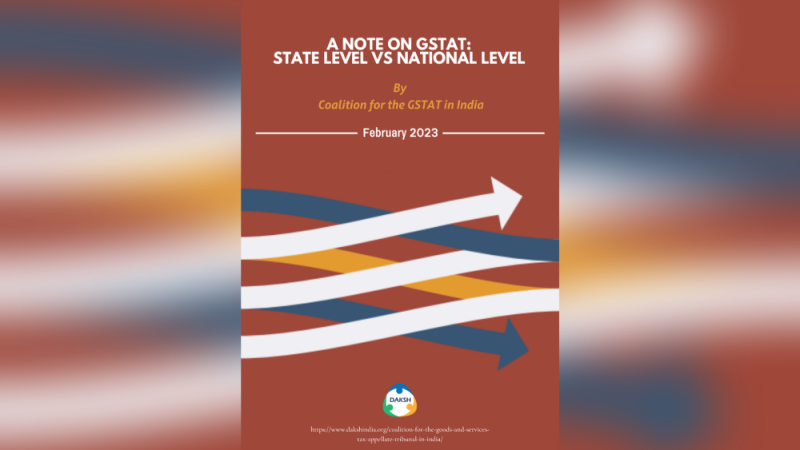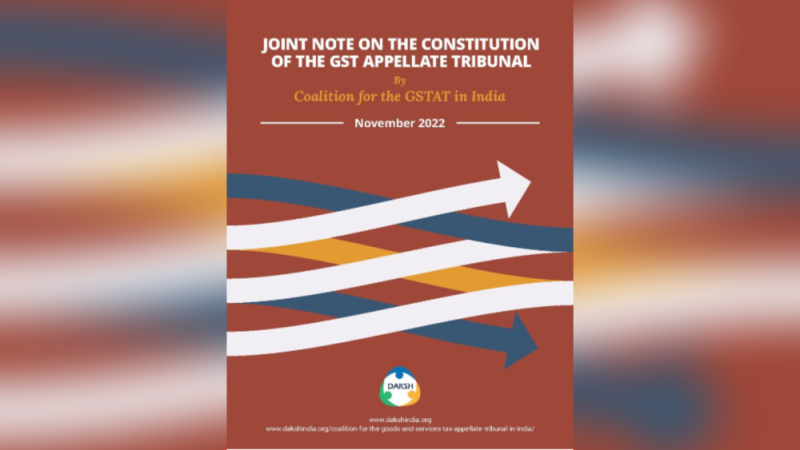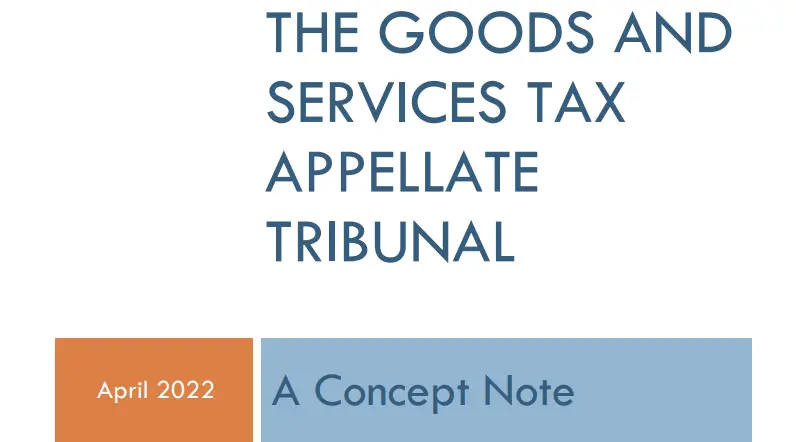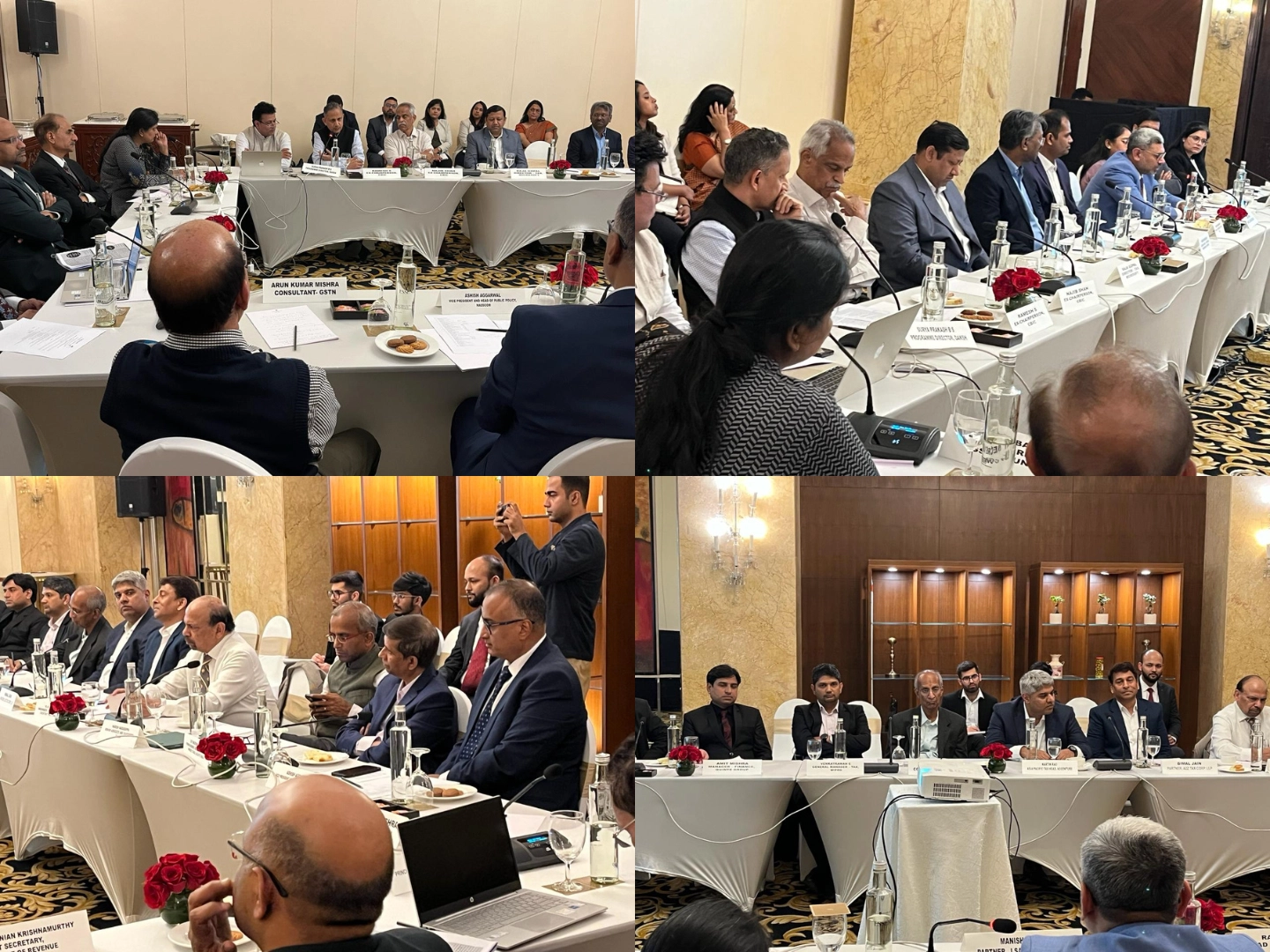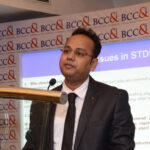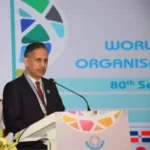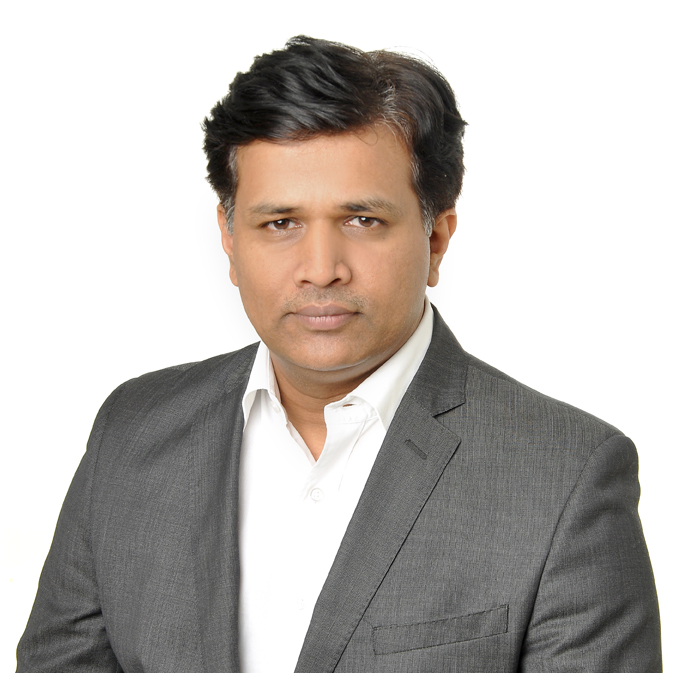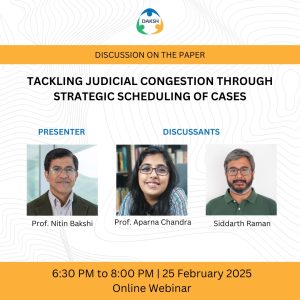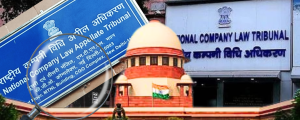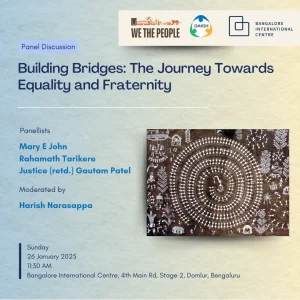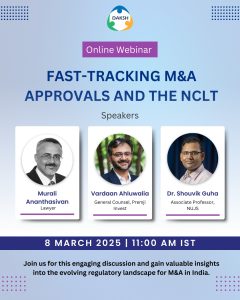

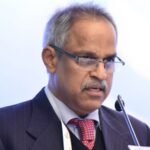
Mr. Najib Shah, an officer of the 1979 batch of Indian Customs & Central Excise service, is a former chairman of the Central Board of Excise & Customs (CBEC) having retired in March 2017. As the Chairman of CBEC and as a special invitee to the GST council, he was involved with the process leading to the formulation of the GST Laws.
Read More
Mr. Prakash Kumar, CEO at the Wadhwani Institute for Technology and Policy and a former officer of the Indian Administrative Service, has vast experience working with key government departments to transform their functioning by leveraging technology for the public good. He was formerly the Chief Executive Officer at the Goods and Services Tax Network (GSTN), where he led the designing and setting up of the IT infrastructure for implementing GST at both the central and state government level.
Read More

